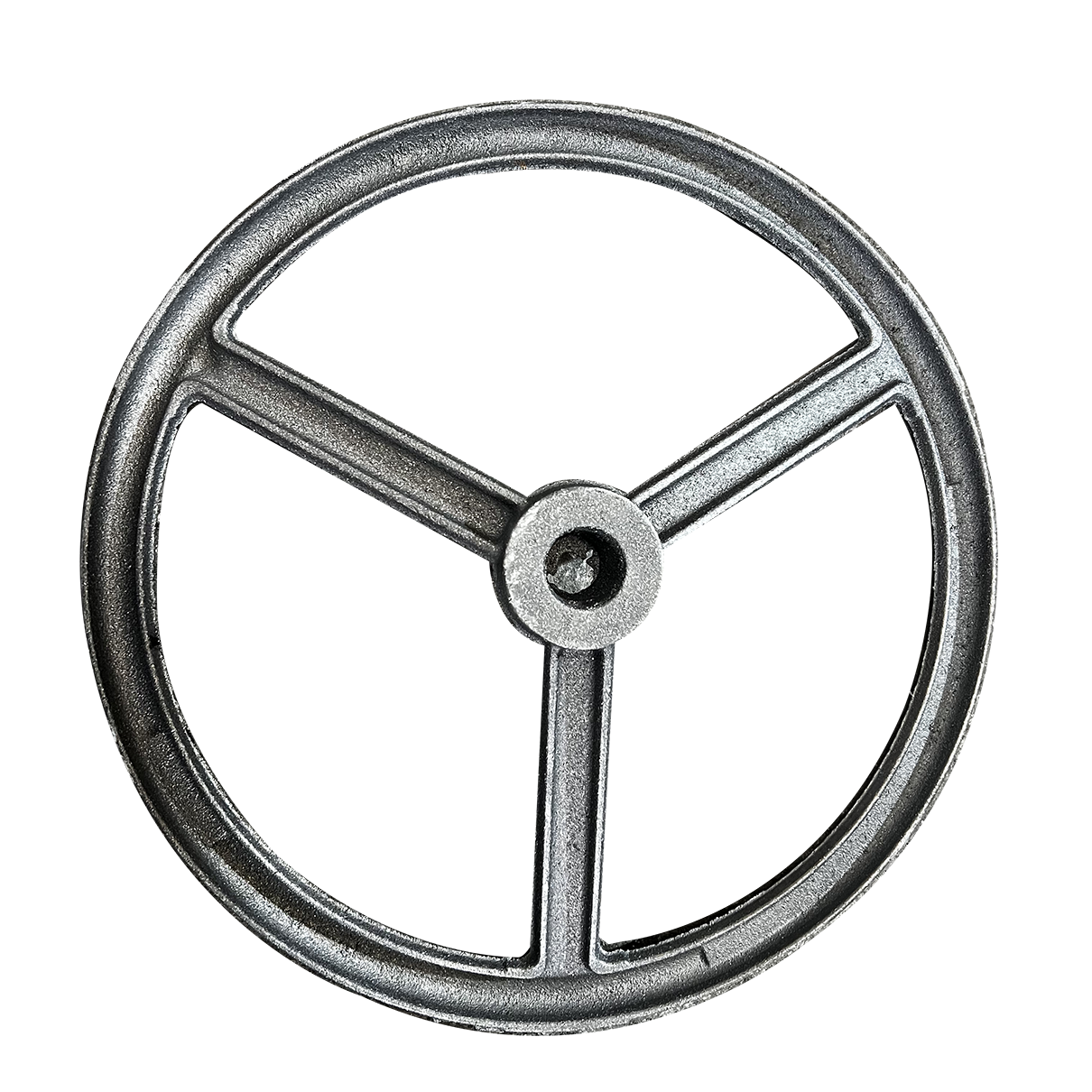- Afrikaans
- Albanian
- Amharic
- Arabic
- Armenian
- Azerbaijani
- Basque
- Belarusian
- Bengali
- Bosnian
- Bulgarian
- Catalan
- Cebuano
- China
- China (Taiwan)
- Corsican
- Croatian
- Czech
- Danish
- Dutch
- English
- Esperanto
- Estonian
- Finnish
- French
- Frisian
- Galician
- Georgian
- German
- Greek
- Gujarati
- Haitian Creole
- hausa
- hawaiian
- Hebrew
- Hindi
- Miao
- Hungarian
- Icelandic
- igbo
- Indonesian
- irish
- Italian
- Japanese
- Javanese
- Kannada
- kazakh
- Khmer
- Rwandese
- Korean
- Kurdish
- Kyrgyz
- Lao
- Latin
- Latvian
- Lithuanian
- Luxembourgish
- Macedonian
- Malgashi
- Malay
- Malayalam
- Maltese
- Maori
- Marathi
- Mongolian
- Myanmar
- Nepali
- Norwegian
- Norwegian
- Occitan
- Pashto
- Persian
- Polish
- Portuguese
- Punjabi
- Romanian
- Russian
- Samoan
- Scottish Gaelic
- Serbian
- Sesotho
- Shona
- Sindhi
- Sinhala
- Slovak
- Slovenian
- Somali
- Spanish
- Sundanese
- Swahili
- Swedish
- Tagalog
- Tajik
- Tamil
- Tatar
- Telugu
- Thai
- Turkish
- Turkmen
- Ukrainian
- Urdu
- Uighur
- Uzbek
- Vietnamese
- Welsh
- Bantu
- Yiddish
- Yoruba
- Zulu
Aug . 21, 2024 13:21 Back to list
Shell Mold Casting Suppliers for High-Quality Metal Components and Customized Solutions
Shell Mold Casting Exporters An Overview
Shell mold casting is a highly effective metal casting process that has gained popularity due to its ability to produce complex shapes with high accuracy and an excellent surface finish. This technique involves creating a thin shell of sand and resin around a pattern, which is then heated to harden the shell. The resulting mold can be used for casting a variety of metals, making it a preferred choice for many industries including automotive, aerospace, and industrial machinery. Given its advantages, shell mold casting has led to a thriving export market, with numerous exporters catering to global demand.
Advantages of Shell Mold Casting
One of the primary reasons for the rising popularity of shell mold casting among exporters is the quality of the products produced. The process allows for tighter tolerances and improved surface finishes, which are often required in high-precision applications. The thin shell also means that less material is used compared to traditional sand casting, making it more cost-effective. Additionally, shell mold casting is suitable for both ferrous and non-ferrous metals, providing versatility that appeals to a wide array of industries.
Export Trends
In recent years, the demand for shell mold casting has increased significantly. As industries around the world seek to optimize their manufacturing processes, the advantages of shell mold casting have made it an attractive option. Countries with strong manufacturing capabilities, such as China, India, and several nations in Europe, have begun to export shell mold casting products to meet global demands. The rise of international trade agreements and an increased focus on quality assurance have further facilitated this trend, enabling exporters to reach new markets with confidence.
Key Players in the Market
shell mold casting exporters

The shell mold casting exporter market is characterized by a mix of established firms and emerging companies. Established players benefit from years of experience, a robust supply chain, and a vast network of clients. They often invest heavily in technology and quality control, enabling them to produce high-quality castings that meet international standards. Meanwhile, emerging companies are leveraging innovative approaches and advanced technologies to compete, often focusing on niche markets or specialized products.
Challenges Facing Exporters
Despite the promising landscape, shell mold casting exporters face various challenges. One significant issue is competition from other casting methods, such as investment casting and die casting, which may offer cost advantages for specific applications. Additionally, the fluctuating costs of raw materials and transportation can impact profitability and pricing strategies. Exporters must also navigate complex regulations and standards in different countries to ensure compliance and avoid legal complications.
Future Outlook
Looking ahead, the shell mold casting industry is poised for growth. The increasing demand for lightweight and high-strength components in sectors like automotive and aerospace is expected to drive further investment and innovation in shell mold casting technologies. Exporters who can adapt to changing market conditions, prioritize quality, and embrace new technologies will likely find themselves well-positioned for success in the global market.
In conclusion, shell mold casting is an integral part of the modern manufacturing landscape, offering numerous advantages that make it appealing to exporters. The industry's growth potential is significant, fueled by advancements in technology, rising global demand, and the constant pursuit of efficiency and quality. As this sector continues to evolve, shell mold casting exporters will play a crucial role in meeting the needs of various industries around the world, solidifying their place in the global market.
-
Premium Cast Iron Water Main Pipe: Durable, Corrosion-Resistant
NewsAug.03,2025
-
Durable Cast Iron Water Mains | AI-Optimized Systems
NewsAug.02,2025
-
High-Efficiency Propane Boiler for Baseboard Heat | Save Energy
NewsAug.01,2025
-
Premium Source Suppliers for Various Gray Iron Castings
NewsJul.31,2025
-
Durable Cast Iron Water Main Pipes | Long-Lasting
NewsJul.31,2025
-
High-Quality Cast Iron Water Main Pipe for Durable Infrastructure
NewsJul.30,2025


